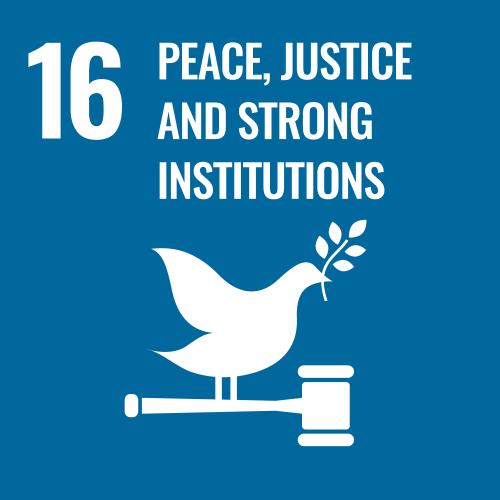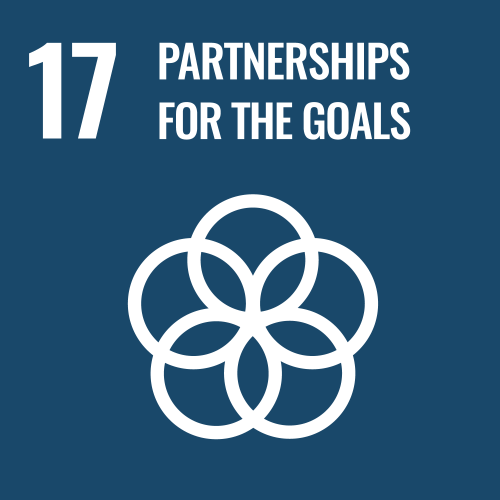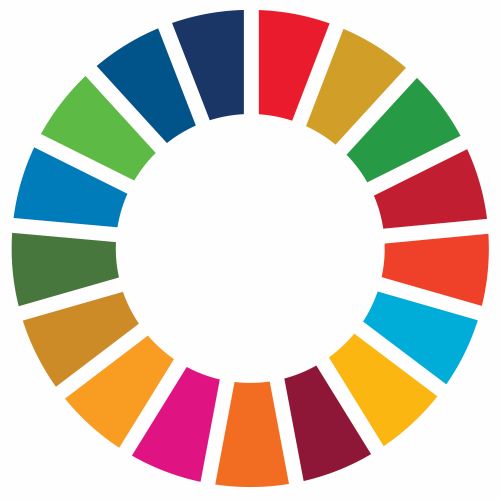
29/05/2025
The European project has supported delegations from Kazakhstan, Kyrgyzstan, Turkmenistan and Uzbekistan
Brussels has hosted the EU-Central Asia Drug Dialogue, a regular annual dialogue aimed at strengthening international cooperation, exchanging views and supporting the development of drug policies.
The CADAP 7 program supported delegations from Kazakhstan, Kyrgyzstan, Turkmenistan and Uzbekistan. Representatives of European Union Member States and institutions such as the European Commission, the European Union Drugs Agency, EUROPOL, the European External Action Service and the General Secretariat of the Council of Europe also participated.
An update on drug policies and the drug policy situation in the European Union and Central Asia was provided, including the assessment of the implementation of the EU Strategy and Action Plan and the latest developments and trends in drug demand and supply reduction in Central Asia. Finally, emerging challenges such as trafficking of opiates and amphetamine-type stimulants through Afghanistan and Central Asia and new psychoactive substances and synthetic drugs in Central Asia have been discussed in terms of legislation, best practices and measures to be taken. “We need to continue to invest in vigilance, especially as the market is changing so fast,” said Danilo Ballota of the European Medicines Agency.
Expert dialogues on drugs are the core part of the EU Drug Strategy 2021-2025, which strongly supports the exchange of information on relevant strategies, objectives and initiatives through drug dialogues with international partners, both regionally and bilaterally. The dialogues are typically based on multilateral partnership and cooperation with representatives from various regions or long-term partners of the EU. The aim is to address experts from non-EU countries and exchange views on the drug situation, both regionally and internationally.
In its line of work for drug demand reduction in Central Asia, CADAP 7 has also participated in a basic general training on addictions for 50 prison officers from Kyrgyzstan, including health and prison wardens. The training was given by five experts from the General Secretariat of Penitentiary Institutions.


